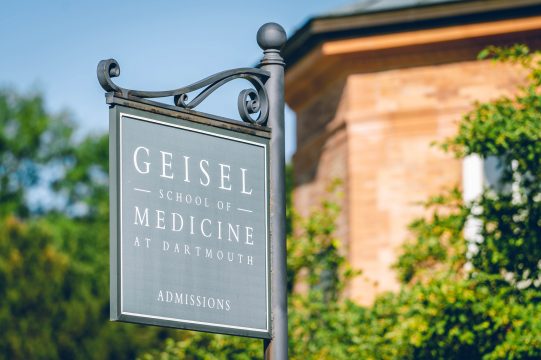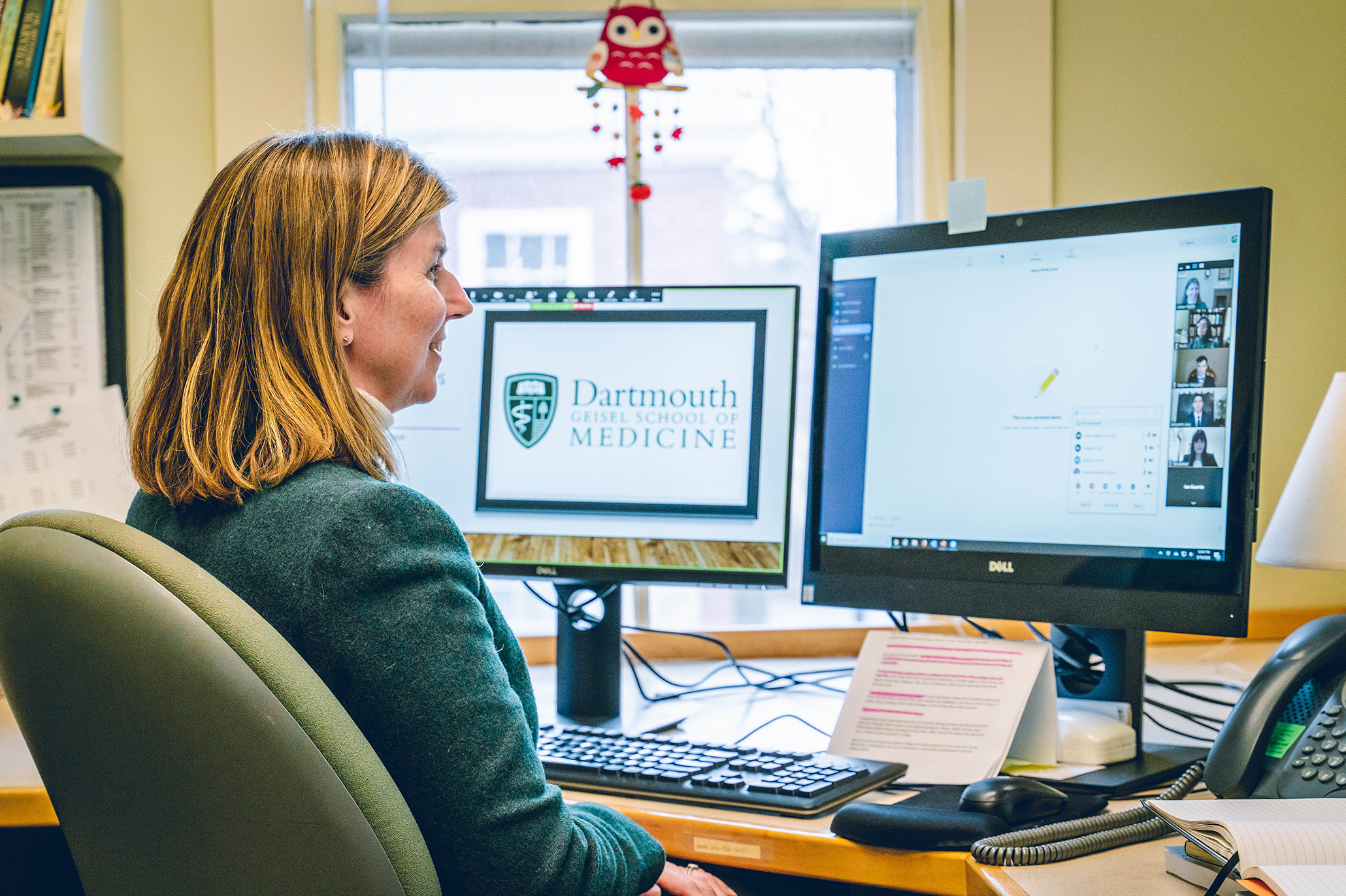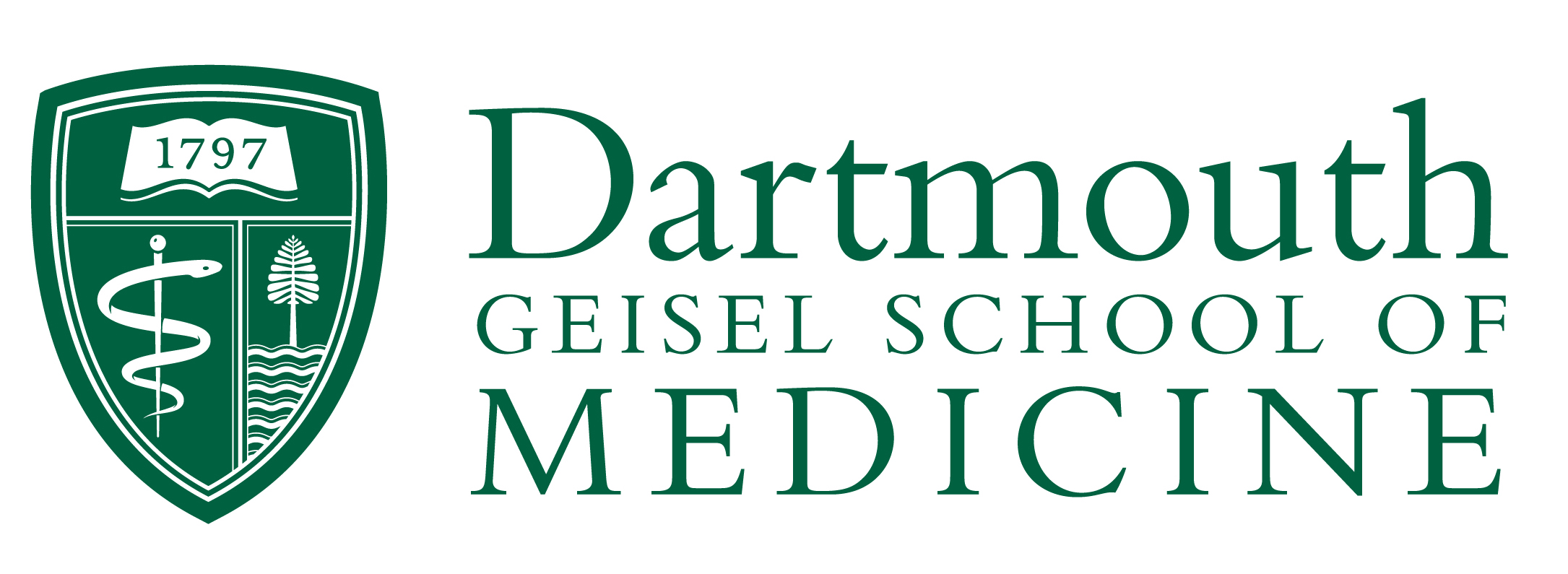 With its first fully virtual admissions interviewing cycle underway, the Geisel School of Medicine’s admissions team built on what they implemented this past spring when they condensed a typical 8-hour interview day into a 2-hour Zoom session.
With its first fully virtual admissions interviewing cycle underway, the Geisel School of Medicine’s admissions team built on what they implemented this past spring when they condensed a typical 8-hour interview day into a 2-hour Zoom session.
Two interview days and 48 candidates remained when COVID-19 cases surged in March, bringing in-person interviews to a halt when Dartmouth mandated a near shutdown of campus—students were sent home, labs and libraries closed, faculty quickly shifted to teaching online, and staff worked remotely.
“Within 48 hours, we pivoted to conduct the last two interview days virtually,” says Roshini Pinto-Powell MD, associate dean of admissions and professor of medicine and of medical education. “We took great care in crafting the emails sent to the remaining candidates about the virtual process because the candidates were nervous too—they worried their interview would be cancelled due to travel restrictions—so there was a lot of appreciation and relief when they learned they were still able to interview, even if the format changed. Truthfully, it was a bit of a crunch, but we interviewed all 48 candidates.
Shaping a class takes effort in the best of times, doing it virtually takes extraordinary care, and one concern the admissions team had was whether they and the interviewers would be able to convey the personal warmth of interview day in a virtual setting, Aileen Panitz, director of admissions, says. “We did succeed in projecting that—it was a reflection of how hard the admissions team worked to create it.”
First-year student Lindsay Partin ’24, says Geisel was her only online interview, “everyone’s passion and collaborative spirit was definitely conveyed in that short amount of time—each half-hour interview I had made me feel more welcome than any of my previous in-person interviews.” Which, she notes, contributed to choosing Geisel. She also says she felt lucky to be able to speak with first-year students about their experiences, “Their willingness to take time out of their day to speak with a prospective student really demonstrated the close-knit community Geisel fosters.”
Medical school candidates benefit from and enjoy interacting with current students, and that interaction also contributed to the success of Geisel’s virtual second look weekend in April. “Virtual student office hours and game night were so successful we incorporated aspects of those throughout this year’s virtual interview cycle rather than wait until the second look weekend,” Pinto-Powell says.
Edel Auh ’22, describes virtual office hours as an opportunity for candidates to informally interact with current medical students—to ask questions and receive honest and detailed answers about Geisel and the Upper Valley. “We wanted to provide a scheduled open and optional opportunity for the candidates to engage in some of the conversations that would have happened had they been able to come to campus in person.”

Spearheading a project to further strengthen connections to Geisel’s culture, Catherine Johnson, admissions operation assistant, is pairing interested first-year students with Class of 2025 candidates with shared interests. “We thought it would be a fun way to connect prospective incoming and current students—so many current students want to participate that we can connect everyone who is interested with multiple ‘virtual buddies,’” Johnson explains. “Many current students have also signed up to facilitate a bi-weekly event, Geisel Conversations, where candidates can ask candid questions and learn about the Geisel experience from a medical student’s perspective.”
This year the admissions office is also partnering with Dartmouth-Hitchcock’s residency programs—sharing lessons learned and resources, such as professional videos about living in the Upper Valley. Pinto-Powell says without being able to visit the region first-hand, some may be surprised by the rural environment and have difficulty adjusting to a rural lifestyle.
There is some value to thinking about what a virtual admissions program can offer in terms of equity, Panitz says. For example, “On average we’d have 50 of our 250 admitted students on campus for second look days. And that makes sense—even though it’s a fun time because people bring friends, family, or spouses, it’s the end of the interview cycle. But during the virtual second look in April, we had 125 people on Friday and 105 on Saturday.”
Evaluating the overall success of virtual interviewing and whether those who interviewed virtually were on equal footing with candidates who interviewed in-person, survey results revealed the acceptance rate was the same for the final two interview days as it was for the earlier cycle.
And while a virtual admissions season will have its unique challenges, Panitz believes “we have given our committee the training and tools they need to do what they do best—admit another diverse, caring, curious, and creative class. Our Admissions Committee and the Geisel community are key to our success.”
According to Pinto-Powell, candidates do remember the individual conversations they have with admissions staff and their interviewer. “We have something special here and we don’t have to tie ourselves into knots to convey it. We simply need to continue enthusiastically conveying the nature of Geisel’s culture and things will work out. I’m convinced of that.”




